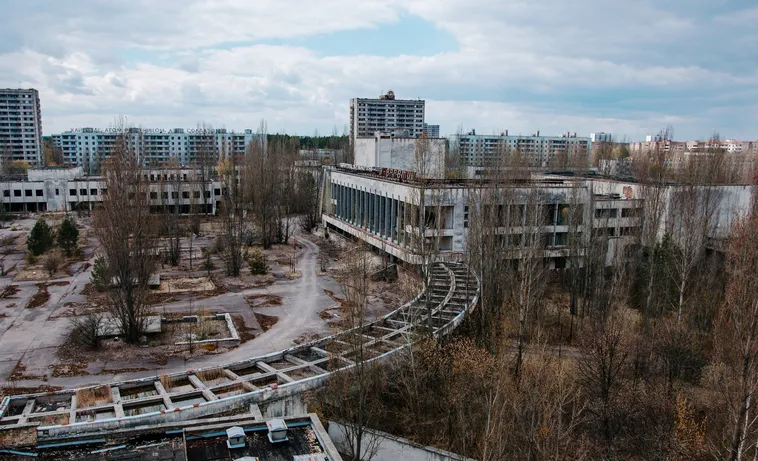What's up steemers today I bring you a literary review, Voices from Chernobyl by Svetlana Alexievich. The book is a compilation of testimonies and interviews in the form of monologues made by the author to the population of Chernobyl in 1985 when the nuclear power station exploded and subsequently burned causing one of the most serious ecological and environmental disasters in the history of the twentieth century. The book that is narrated by the different voices that populate the chorus of testimonies of those who witnessed the events that occurred immediately after the explosion of the nuclear power plant, recounts the effects of radiation and how it radically changed the lifestyle of all those who lived near the Chernobyl nuclear power plant.

It also tells the life of firefighters who came to the plant to put out the fire, and how they fell sick during the days of the intense radiation that flowed from the plant, the liquidators who locked the nuclear in a vault or sarcophagus to trap the radiation, the peasants who once saw the puddles of water green or yellow, the accounts of people who suffered physical or genetic malformations caused by radiation, and the incomprehension of the population of nearby villages that they had to leave their homes forever because of the accident.
As the book consists of monologues in which each interviewee relates his or her personal experience about the effects of the radiation, the impact caused by the accident of the plant in the life or the inhabitants of Belarus is noted.

<< On April 26, 1986, at 1 h 23 '58 ", a series of explosions destroyed the reactor and the building of the fourth energy block of the Atomic Power Plant (CEA) of Chernobyl, located near the Belarus border. The catastrophe of Chernobyl became the most serious technological disaster of the 20th century.
For the small Belarus (with a population of ten million inhabitants) it represented a national cataclysm, although the Belarusians do not have a single nuclear power station in their territory. Belarus remained an agricultural country, with an eminently rural population. >> extract from the book.